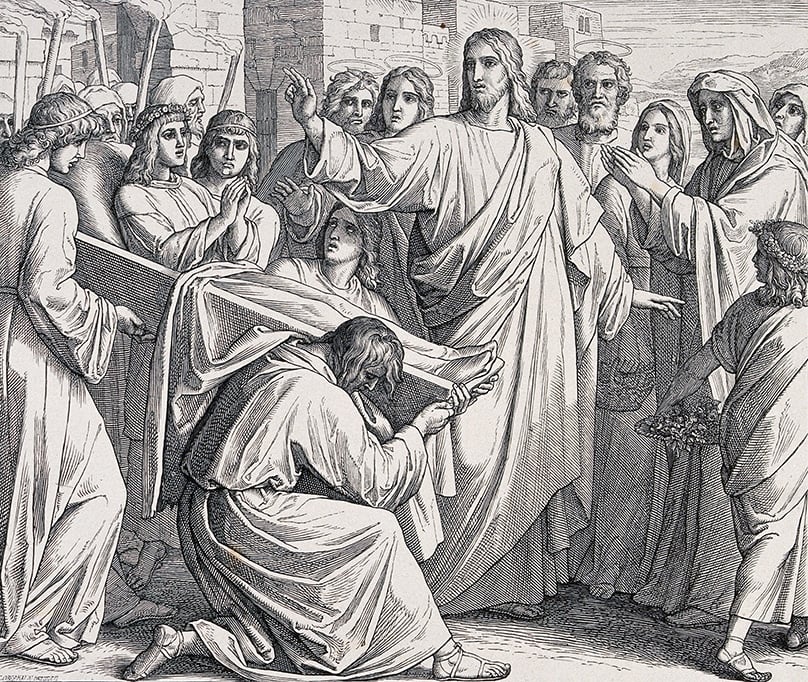
Dear Fr John Flader, in Mass recently we had a reading from St Paul to Timothy about how to treat widows. Someone said there was something like an “order of widows” in the early Church. Is this true and, if so, what was involved in such an order?
Before I answer your question, let us read what St Paul wrote: “Honor widows who are real widows. If a widow has children or grandchildren, let them first learn their religious duty to their own family and make some return to their parents; for this is acceptable in the sight of God. She who is a real widow, and is left all alone, has set her hope on God and continues in supplications and prayers night and day; whereas she who is self-indulgent is dead even while she lives. Command this, so that they may be without reproach. If any one does not provide for his relatives, and especially for his own family, he has disowned the faith and is worse than an unbeliever.
“Let a widow be enrolled if she is not less than sixty years of age, having been the wife of one husband; and she must be well attested for her good deeds, as one who has brought up children, shown hospitality, washed the feet of the saints, relieved the afflicted, and devoted herself to doing good in every way. But refuse to enrol younger widows; for when they grow wanton against Christ they desire to marry, and so they incur condemnation for having violated their first pledge. Besides that, they learn to be idlers, gadding about from house to house, and not only idlers but gossips and busybodies, saying what they should not. So I would have younger widows marry, bear children, rule their households, and give the enemy no occasion to revile us. For some have already strayed after Satan. If any believing woman has relatives who are widows, let her assist them; let the church not be burdened, so that it may assist those who are real widows: (1 Tim 5:3-16).”
The simple answer to your question is yes, there was an order of widows in the early church. When St Paul speaks of being “enrolled” he is implying that some widows were officially accepted into this order, and that acceptance involved certain conditions, rights and duties.
Among the conditions were that the widow had no family members to support her; that is, that she was a “real widow.” If her children or grandchildren were able to provide this help, they should do so and not burden the church. In this way the church could assist those who were “real widows”.
Second, the widow should be at least 60 years of age, and should have had only one husband. St Paul suggests that younger widows, those of child-bearing age, should marry and have children, and so be of good repute, so that the enemy could not reproach them or the church.
Third, she should have a good reputation for her good deeds in raising her children, showing hospitality, serving the saints or members of the community, relieving the afflicted and doing good in every way.
Among the obligations of those in the order of widows was to be a woman of prayer and supplication for the church “night and day.” Also, it is clear that they had to take a pledge not to marry again.
For this reason, St Paul indicates that they should be at least 60 years of age, so that they can keep this pledge. These widows carried out works of hospitality in visiting the sick and the poor and attending to their needs, and they often gave instruction to younger women.
Because of their work in the church they were highly honoured. They had a special place in front of the church and they received Communion after the deacons. In the East they were enrolled in the order of widows by the bishop, with a lengthy prayer and a detailed rite.
The order of widows was common in the first few centuries, especially in the East. St Ambrose of Milan wrote a treatise “on widows” towards the end of the fourth century, commenting extensively on the text of St Paul, so it is clear that the order existed in the West too at that time.
He goes so far as to say that the profession of widowhood comes close to that of virginity and it is to be esteemed above marriage. He exhorts widows to practise the virtues, including chastity, temperance, detachment from goods and service to the poor.
It seems that the order of widows died out beginning in the fourth century.
